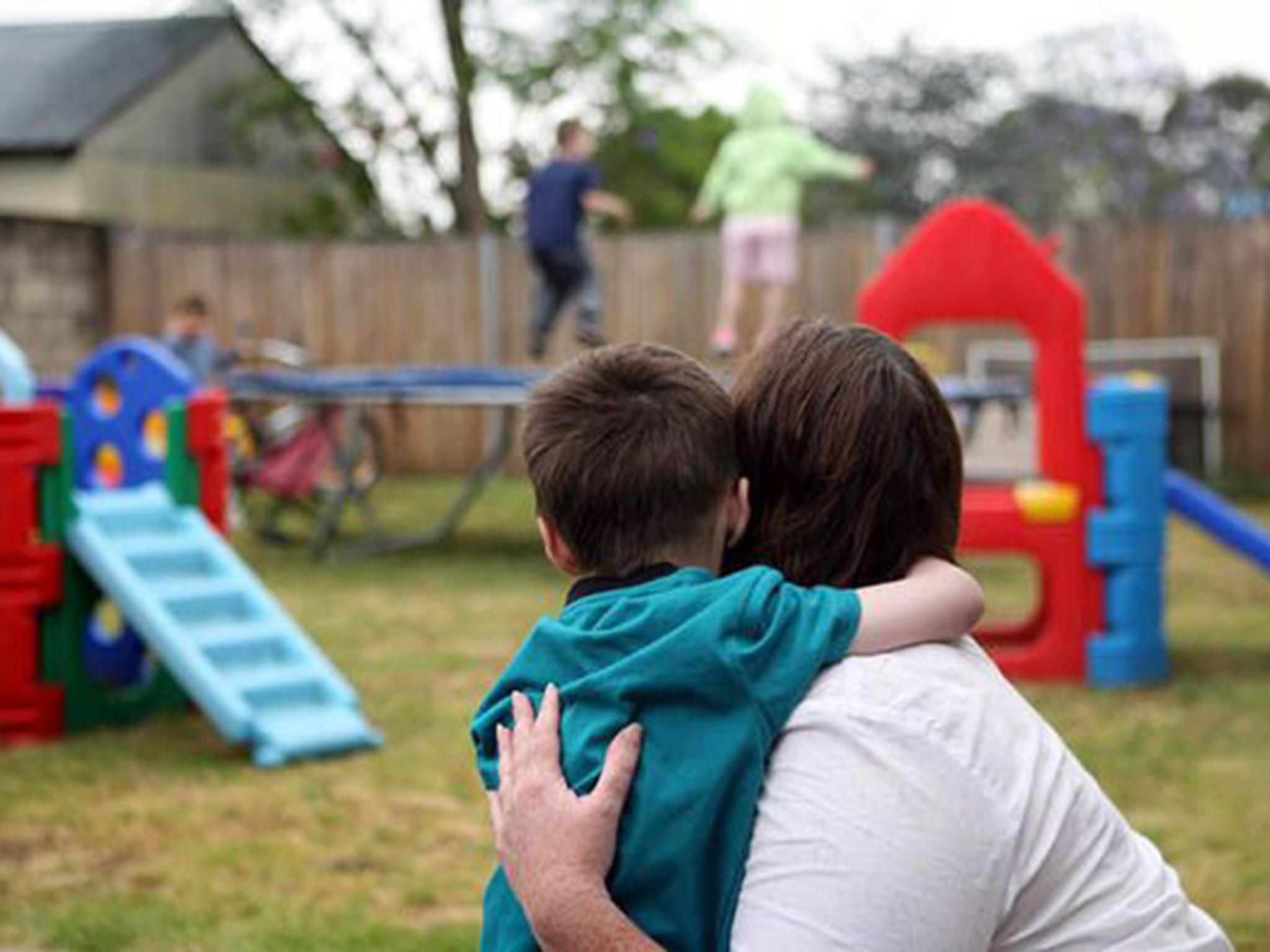Thousands of children 'pinballing' around UK social care system, report warns
Nearly three-quarters of children in care – a total of 50,000 – experienced changes in their care placement, school or social worker last year

Your support helps us to tell the story
From reproductive rights to climate change to Big Tech, The Independent is on the ground when the story is developing. Whether it's investigating the financials of Elon Musk's pro-Trump PAC or producing our latest documentary, 'The A Word', which shines a light on the American women fighting for reproductive rights, we know how important it is to parse out the facts from the messaging.
At such a critical moment in US history, we need reporters on the ground. Your donation allows us to keep sending journalists to speak to both sides of the story.
The Independent is trusted by Americans across the entire political spectrum. And unlike many other quality news outlets, we choose not to lock Americans out of our reporting and analysis with paywalls. We believe quality journalism should be available to everyone, paid for by those who can afford it.
Your support makes all the difference.Tens of thousands of children in care are “pinballing” around the care system putting their education and personal development at risk, alarming figures have revealed.
Nearly three-quarters of children in care (71 per cent) – a total of 50,000 – experienced changes in their care placement, school or social worker last year, the report by the Children’s Commissioner for England found, prompting warnings there is a generation of “pinball kids” within the care system.
A quarter of all children in care experienced multiple changes in their social worker last year, while one in 10 moved school in the middle of the academic year – making them three times more likely to experience a mid-year school move than other schoolchildren. A total of 2,000 children saw a change in all three – care placement, school and social worker – within 12 months.
One girl told researchers she had not attended school for two years because she was in and out of care, while another girl said that she was told by text message in the middle of her GCSEs that she would be changing schools.
The findings come in the Stability Index, a new measure of stability for looked-after children that brings together data on care placements, schools and social workers, in order to understand for the first time the type and scale of instability experienced by these children. The Index will be developed further, in partnership with councils and other agencies, to help them track progress in reducing unnecessary or unplanned moves.
In light of the findings, the report warns that moving schools can be particularly disruptive to the education of children in care, and has been strongly linked with lower attainment. Instability in care can also exacerbate existing behavioural and emotional difficulties, it states, making it more difficult for children to establish relationships going forward, which can contribute to further placement breakdown and a deeper sense of rejection.
Speaking about the importance of today’s report, The Children’s Commissioner for England, Anne Longfield, told The Independent: “This is a significant intervention that starts measuring what kids say is the most important thing for them.
“This year we can only say how often children moved or had different social workers in 2015-16, but we will do it each year to show the cumulative experience. It shines a light on their experience by local authority and so, we hope, will drive improvements.”
She added: “Children in the care system crave stability, just like any other child. Especially for these kids, having reliable, consistent adults in their lives is critical to helping them flourish and overcome problems they may have experienced in the past.
“Sometimes changes are unavoidable and occur for the right reasons. But when ‘pinball kids’ are pinged around the system, it can damage them and their future prospects. Many of these children enter care with complex issues and are highly vulnerable. We must find a better, more consistent way of meeting their needs.”
Join our commenting forum
Join thought-provoking conversations, follow other Independent readers and see their replies
Comments